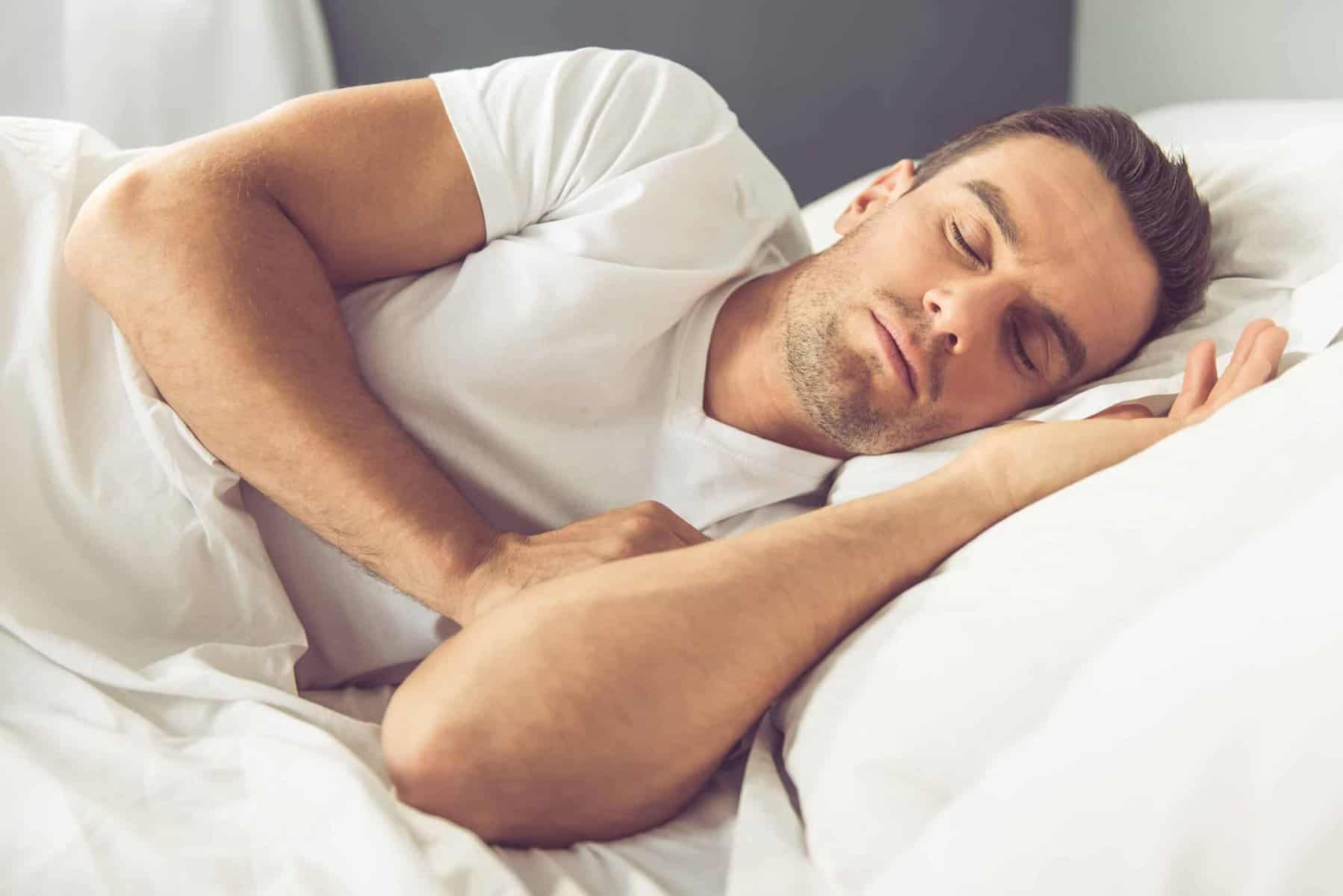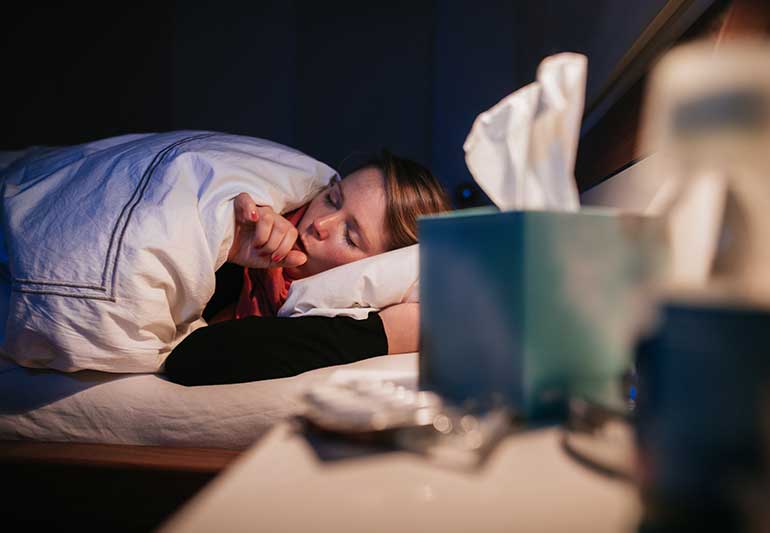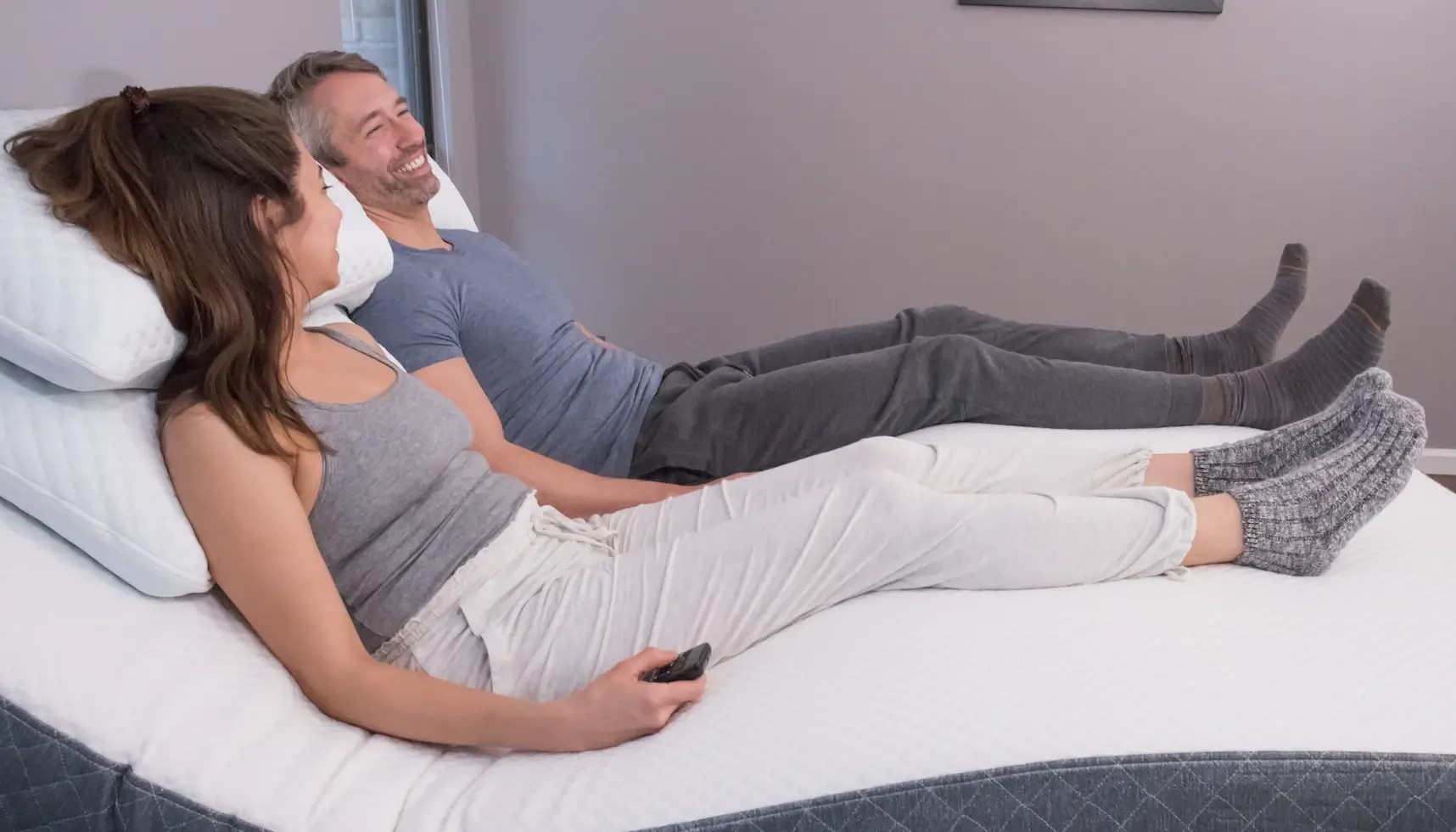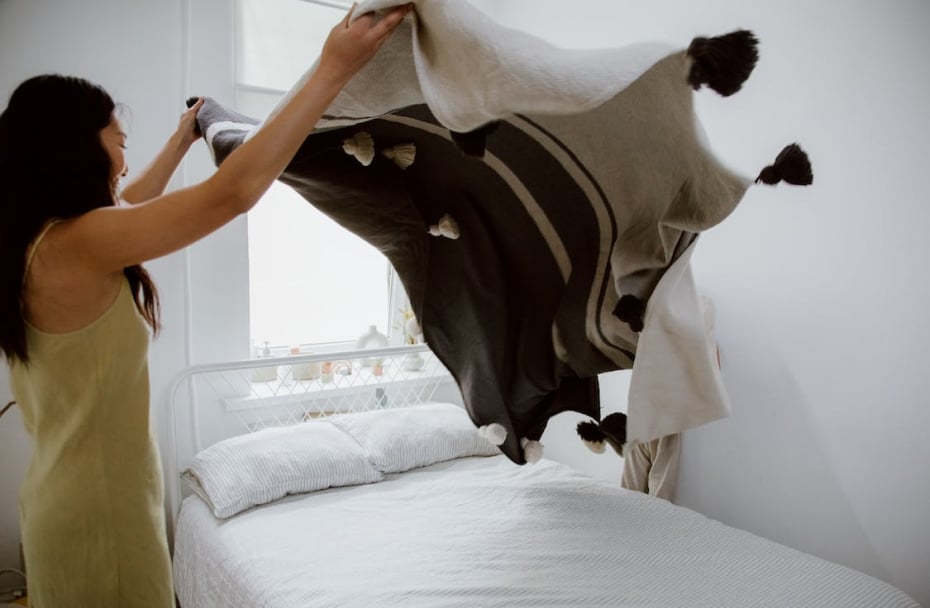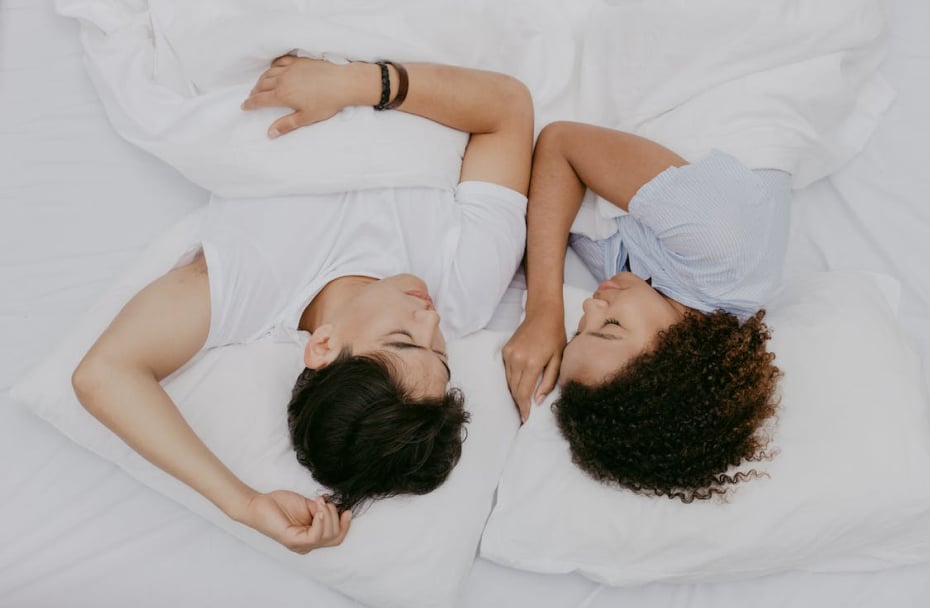



Eating before bed is a controversial topic today. Some people claim it’s completely fine, while others recommend avoiding eating when you’re just about to get to bed. Most opponents of late-night eating claim that doing so could mess up your body systems like digestion and the circadian rhythm.
The truth is you need to be cautious about eating before going to sleep. But nutrition experts say that most of the reasons people throw around this topic are myths or unsubstantiated. They add that whether that pre-slumber meal or snack is good or bad comes down to factors such as what and how much you eat, your overall diet, and your lifestyle.
In this article, we dig deeper into everything you need to know about eating before going to sleep. We’ll look at the potential risks and benefits and provide tips on foods you can consider if you decide to eat before going to sleep.
Side Effects of Sleeping Immediately After Eating
Before getting into the risks, we first must clarify what we mean by “eating before bed.” At MattressVerdict, we take “eating right before bed” to mean consuming a meal or a drink an hour or two before going to sleep. This is different from eating a meal or snack earlier in the evening with at least 3 hours to digest before retiring to bed.
Eating before bed can cause weight gain
A major concern about eating right before bed is that it may cause the number on the weighing scale to go up. Northwestern University researchers found that late-night dinner has a twofold increase in the risk of weight gain compared to eating earlier in the evening.
In the study, nocturnal mice fed a western-style high-fat diet during light hours gained twice as much weight as mice fed at night. The researchers explain that the mice had an increase in energy expenditure during active periods. That’s why they had improved health compared to mice fed when they should be sleeping.
We could brush off this as another study on mice, not people. Still, it solidifies the calories-in-calories-out theory that asserts that body weight remains steady if calorie intake equals your daily calorie expenditure through physical activities.
Another important aspect of this study is the western-style high-fat, high-carb diet fed to the mice. Consuming lots of high-calorie, unhealthy foods right before going to bed is more likely to contribute to weight gain. On the other hand, a light, healthy snack before bed is less likely to have a significant impact on your weight.
Late-night eating is linked to junk food cravings
Nutritionists and dieticians say that late-night snacking is associated with junk food cravings. The jury is still out on the link between eating late at night and junk food cravings. But a few theories say it’s psychological.
One of them suggests that eating junk at night makes us feel less guilty for straying away from healthy eating habits.
Another one says that emotional eating is to blame. Emotional eating is when we turn to food to cope with feelings of stress, depression, loneliness, and vulnerability. Tasty food, including junk, triggers the brain to release the feel-good hormone or dopamine. As you can imagine, it’s easy to let go of your brakes if junk is helping you deal with anxiety and stress.
Sleeping after eating causes sleep disruption
It’s natural to feel sleepy after a heavy meal. Because a large meal requires more effort to digest, most of the blood is redirected to digestion, making you feel drowsy. But going to bed just after a large meal may also cause difficulties falling and staying asleep.
There are several ways this may happen. First, if you sleep in a prone position, the mattress pushes directly against your stomach. This may force the stomach out of its position, leading to indigestion and bloating. These and other digestive issues are likely to cause sleep disruptions.
Another reason going to sleep on a full stomach is likely to cause sleep disruption is gastroesophageal reflux. This happens when digestive juices are forced back into the esophagus, causing nighttime heartburn- an uncomfortable burning sensation around your chest and throat.
Eating before sleeping affects your circadian rhythm
The circadian rhythm is the body’s internal clock located in the hypothalamus in the brain. The circadian rhythm is responsible for synchronizing various body functions with the 24-hour rotation of the earth. Essentially, it tells you when to stay alert and when to go to sleep.
Disruption of the circadian clock is what makes you feel sluggish after a long flight across multiple time zones. Multiple studies now show that late-night eating also interferes with the circadian rhythm. Your internal clock slows down gut function after the optimal 8-10 hours of eating span.
When you consume food when you’re supposed to be sleeping, you’re forcing your insulin to circulate for longer. This may lead to insulin resistance, which pushes you towards weight gain, obesity, and type 2 diabetes.
How long should you wait to sleep after eating?
At this point, it’s clear that eating a meal too close to sleep time is bad for your sleep and health. But how long after eating can you sleep? Nutritionists recommend waiting for at least 3 hours before going to bed.
Three hours is enough time for the stomach to empty its contents to the small intestines. This reduces the symptoms of nighttime heartburn, which are likely to cause problems sleeping or getting deep sleep.
Foods that Help You Sleep Better
The risks of eating just before bedtime are well known. But there are times when eating right before bed may have some benefits.
For instance, if you’ve not had enough food during the day, a light snack can help satiate hunger and achieve a well-rested night. Studies such as this one also show that grabbing a snack right before bedtime may help some people manage their weight.
On top of that, some foods promote sleep. If you have trouble falling asleep, foods high in tryptophan can help increase the production of serotonin. Serotonin is a natural mood stabilizer that also plays an important role in digestion and deep sleep.
So, what’s good food to eat before bed? Here are foods and drinks that help you sleep:
-
Tryptophan-heavy proteins like turkey, eggs, tofu, and salmon
-
Heart-healthy fats, such as walnuts, cashew nuts, almonds, pistachios
-
Magnesium-rich foods like spinach, avocados, nuts, and black beans
-
Complex carbohydrates, including whole grain bread, pasta, crackers, and cereals
-
Beverages such as warm milk and herbal tea, for instance, chamomile or peppermint
-
Sleep-inducing fruits like bananas, tart cherries, apples, passion fruit, kiwi, and watermelon
Alcohol and Sleep
Alcohol is a Central Nervous System Depressant, meaning it slows down brain activity. That’s why a few drinks start making you feel tired and sleepy. Actually, about 15% of people use alcohol to cope with insomnia, although doctors do not recommend this.
The seemingly helpful effects of alcohol on insomnia don’t last long, though. Two to three hours after it has been metabolized in the liver, alcohol starts causing sleep fragmentation or sleep-maintenance insomnia. This is a state of repeated sleep interruptions that disrupt the normal stages of sleep. If sleep fragmentation occurs during REM sleep, it may interfere with memory consolidation, brain development, and dreaming.
The other way alcohol fragments your sleep is by making you pee a lot at night. Alcohol is a diuretic, meaning it helps your body get rid of water through urine.
Alcohol may impact the quality of your sleep. But it’s best to avoid it 3-4 hours before heading to bed so your body finishes metabolizing it before sleeping.
Does wine help you sleep?
Yes. You must have heard people say that a glass or two of wine makes them sleep great. Wine contains several sleep-inducing ingredients, including alcohol and melatonin.
The average alcohol content in wine is about 12% but it can be as low as 5.5% and as high as 20%. The alcohol content in wine affects the quality of your sleep just like any other alcoholic beverage.
Melatonin is a sleep hormone secreted by the pineal gland in the human brain. Interestingly, melatonin is also abundant in wine grapes and other grape-related fruits.
When it comes to red or white wine for better sleep, red wine is often a favorite for most people. That’s probably because of its higher levels of melatonin and alcohol by volume (ABV).
If you’re considering stocking your cellar, Nebbiolo, Merlot, Croatia, Marzemino, and Cabernet Sauvignon are among the best red wines for sleep aid.
Bottomline: Is it Bad to Eat Before Bedtime?
Eating a heavy meal an hour or two before bed can slow your metabolism and disrupt your circadian rhythm. But a light, healthy snack isn’t necessarily bad for most people. Importantly, be mindful of what and how much you eat, stick to your recommended daily calorie intake, and stay active during the day.

